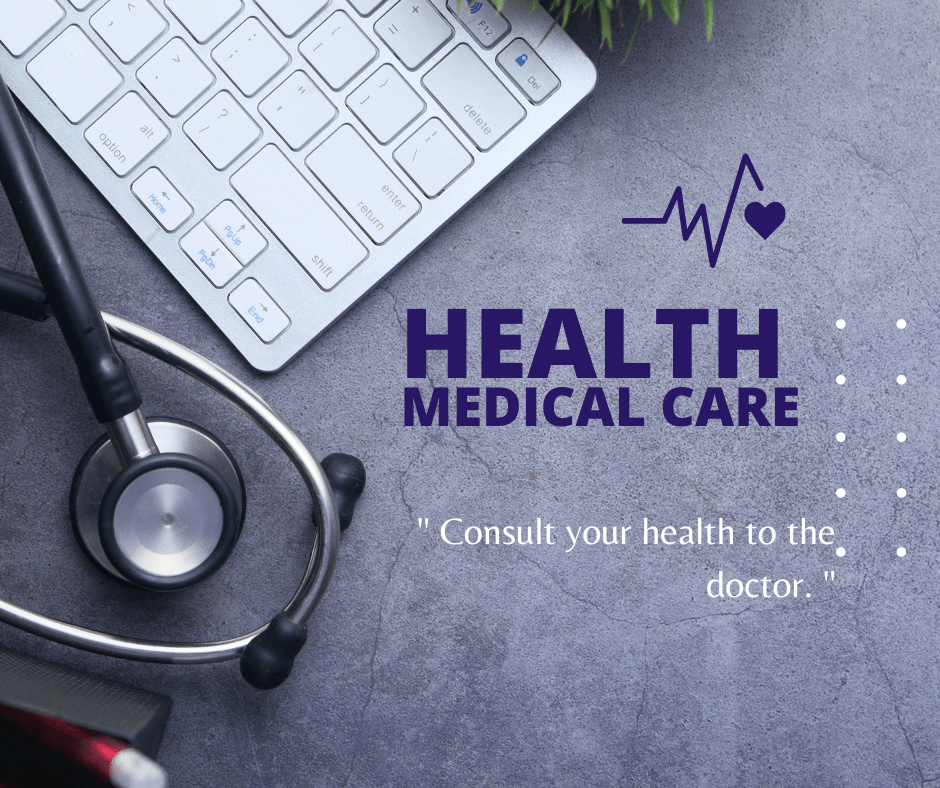Health Care
Health care is an important part of our breathes. It includes many facilities, courses, and systems. These work collected to confirm people get the care they need. From blocking dealings to extra facilities, health care plays a important role in continuing and improving Healthiness.
What is Health Care?
Health care includes the stoppage, opinion, treatment, and management of sicknesses, illnesses, and hurts. It includes a extensive range of facilities provided by experts. These experts include doctors, nurses, and specialists, between others. Healthiness care can be shared into some groups:
- Primary care
- Secondary care
- Tertiary care
- Quaternary care

Types of Health Care Services
Primary Care
Primary care is the first opinion of interaction for persons. It attentions on overall health maintenance, deterrence, and action of common illnesses. Examples of primary care providers are:
- General practitioners
- Pediatricians
- Family physicians
Secondary Care
Secondary care includes particular medical facilities. Patients are denoted to secondary care by primary care earners. It includes:
- Consultants
- Hospital services
- Outpatient services
Tertiary Care
Tertiary care offers highly specialized medical treatment. It includes innovative and complex actions and treatments. Examples include:
- Cardiac surgery
- Cancer treatment
- Neurosurgery
Quaternary Care
Quaternary care is an extension of tertiary care. It involves even more specialized and experimental procedures. Examples include:
- Experimental medicine
- Advanced surgical procedures
- Specialized intensive care
Health Care Systems
Health care systems vary across the world. They are designed to meet the needs of the population. Key elements of Healthiness care systems include:
- Financing
- Service delivery
- Workforce
- Information systems
- Governance
Financing of Health Care
Financing is in what way healthiness care facilities are salaried for. There are different models:
- Public funding
- Private funding
- Out-of-pocket payments
Service Delivery of Health Care
Service delivery includes the delivery of health cares facilities to persons. This can be through:
- Hospitals
- Clinics
- Community health centers
Workforce of Health Care
The health care workforce is complete up of specialists who deliver care. This includes:
- Doctors
- Nurses
- Technicians
- Administrative staff
Information Systems of Health Care
Information systems are used to gather, store, and achieve health information. They help in:
- Patient record keeping
- Data analysis
- Improving efficiency

Governance in Health care
Governance involves the policies and regulations that guide healthiness care. It safeguards quality, safety, and convenience of services.
Tests of Health Care
Healthiness care systems face numerous challenges. These can affect the quality and accessibility of care. Some common challenges include:
- Rising costs
- Aging population
- Technological developments
- Health disparities
Rising Costs
Healthiness care costs are increasing worldwide. This is due to several factors:
- Advanced medical technology
- Expensive treatments
- Administrative costs
Old Population
The comprehensive population is old. Older individuals require more medical care. This rises the request for health facilities.
Technological Developments
Technological advancements have changed healthiness care. But, they also derive with challenges. These contain:
- High costs
- Need for specialized training
- Integration with existing systems
Health Disparities
Health disparities exist within and between countries. Factors contributing to disparities include:
- Socioeconomic status
- Geographic location
- Education levels
Improvements in Health Care
Regardless of the challenges, healthiness care is always growing. Improvements are taming the sending and quality of care. Some notable innovations include:
- Telemedicine
- Electronic Health Records
- Personalized medicine
- Artificial intelligence
Telemedicine
Telemedicine permits patients to refer with healthiness care workers remotely. It offers:
- Convenience
- Accessibility
- Cost-effectiveness
Electronic Health Records
EHRs are digital forms of patients’ medical archives. They improve:
- Record keeping
- Information sharing
- Patient care
Personalized Medicine
Personalized medicine tailors treatment to individual patients. It considers:
- Genetic information
- Lifestyle factors
- Environmental influences
Artificial Intelligence
AI is life used in many healthiness care requests. These include:
- Diagnostic tools
- Predictive analytics
- Treatment planning
Table: Comparison of Health Care Systems
| Feature | Public System | Private System | Mixed System |
| Funding Basis | Government | Private cover and out-of-pocket | Mixture of public and private |
| Access to Care | Universal, but may have wait times | Generally quicker, but expensive | Varies, depends on specific policies |
| Quality of Care | Varies, generally good | Generally high quality | Mixed, can be high or variable |
| Cost to Patients | Low or no cost | High cost | Varies, can be moderate |
| Innovation and Research | Often limited by budget constraints | High level of innovation | Moderate to high |
Normally Asked Questions
What is the alteration mid primary and secondary care?
Primary care is the chief opinion of communication in the Healthiness care system. It includes overall Healthiness care and treatment of common illnesses. Secondary care is more particular. Patients are mentioned to secondary care providers by their primary care providers. It includes experts and hospital facilities.

How does health care financing work?
Healthiness care backing includes the mechanisms by which Healthiness carefulness facilities are funded for. There are many models, including public funding (government-funded), remote funding (insurance and out-of-pocket payments), and mixed models. All system has its rewards and challenges.
What are the profits of telemedicine?
Telemedicine proposals some profits, including convenience, comfort of use, and cost-effectiveness. It allows patients to check with Healthiness care sources remotely, dropping the need for mobile and wait times. Telemedicine is specially beneficial for persons in remote or underserved areas.
How is artificial intelligence used in health care?
Artificial intelligence is used in many Healthiness care applications. These include analytic tools, projecting analytics, and treatment development. AI can help in early discovery of diseases, modified treatment plans, and improving overall productivity in Healthiness care delivery.
Healthiness care is an ever-evolving ground. Understanding its many features helps us grow its importance. By speaking challenges and approval advances, we can confirm a better future for all.
Conclusion
Health care is forceful for single and community Healthiness. While there are challenges, inventions continue to improve Healthiness care delivery. A healthy fitness care system safeguards that everyone has admission to the care they need. As we move onward, addressing these challenges and leveraging new technologies will be key. It is important to effort on making Healthiness care available, reasonable, and high-quality for all.

[…] Blueberries are famous for their gorgeous nutrient shape. When you make juice from them, these nutrients are focused. Here is a full table performance the nutritional value of blueberry juice. […]
Good Working
Best article
Excellent
Good luck
Nice working
This article is best
Good working
Good article
Best working
I am read your artical good information
Excellent
Excellent
Good
Interested article